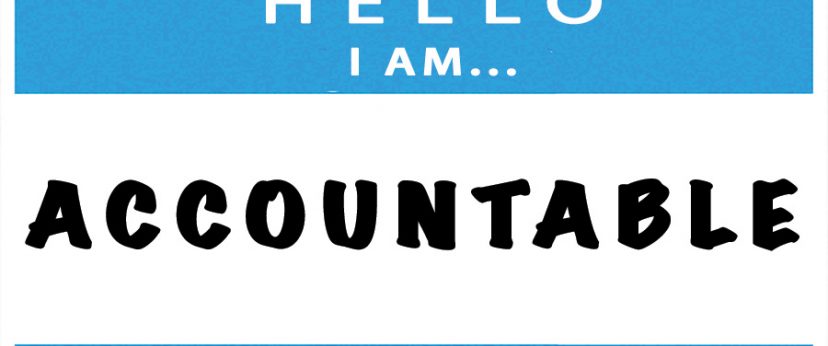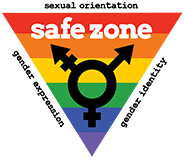
We all have reasons why we are the way we are: bad habits we picked up from a roommate, a passive-aggressive attitude we learned from a parent; a coping mechanism we learned from a character on TV. Maybe we were picked on in school. Maybe someone said something hurtful to you that just keeps rolling around in your head. Maybe you had a bad breakup.
There are all sorts of explanations for who we are. There are reasons behind the good and the bad. I always say “drive careful” and I can’t let my partner leave the house without saying “I love you” because that’s what my family did growing up. I like that about me. I also have a tendency to give up when things don’t come easily to me because I spent a lot of my formative years being afraid of being adequate. That’s something I don’t like so much.
Speaking with a therapist is a great way to start processing some of these explanations, both the good and the bad. It can help you come to a deeper understanding of yourself. It can help you root out the bad and cultivate the good in you. It is good to reflect on and understand what makes you tick.
The problem comes when we either don’t take the time to reflect on why we act the way we do or when we reflect but let that deeper understanding turn from explanations to excuses. I may feel empathy for someone who has been hurt, but that doesn’t mean their pain gives them a pass to hurt someone else. If I’ve experienced pain, I don’t get to lash out at you without consequences.
Too often in our society, when someone (especially a white, male someone) hurts someone, we immediately start to hear excuses for their behavior. A recently published story about Harvey Weinstein is a great example (LINK). While I empathize with those who have been bullied, with those who have been afraid they’ll never experience romantic love, with those who had a rough family life, plenty of people experience those issues without going on to exploit and abuse those over whom they have power. There is a term we have for people who do those things and it is not “tragic victim,” it is “abuser.”
Do I hope we build a world without bullying, a world filled with love and hope and a world where every child is treasured and protected from their earliest childhood? Absolutely. But will I excuse the behavior of abusive individuals? No. The first step to overcoming abusive behavior is learning to take accountability for your own choices. I hope Mr. Weinstein is able to do that.
If you’re concerned about your own behavior and choices, we have a Partner Abuse Intervention Program that can help you move from excuses to accountability. Give us a call at 815.756.5054.



